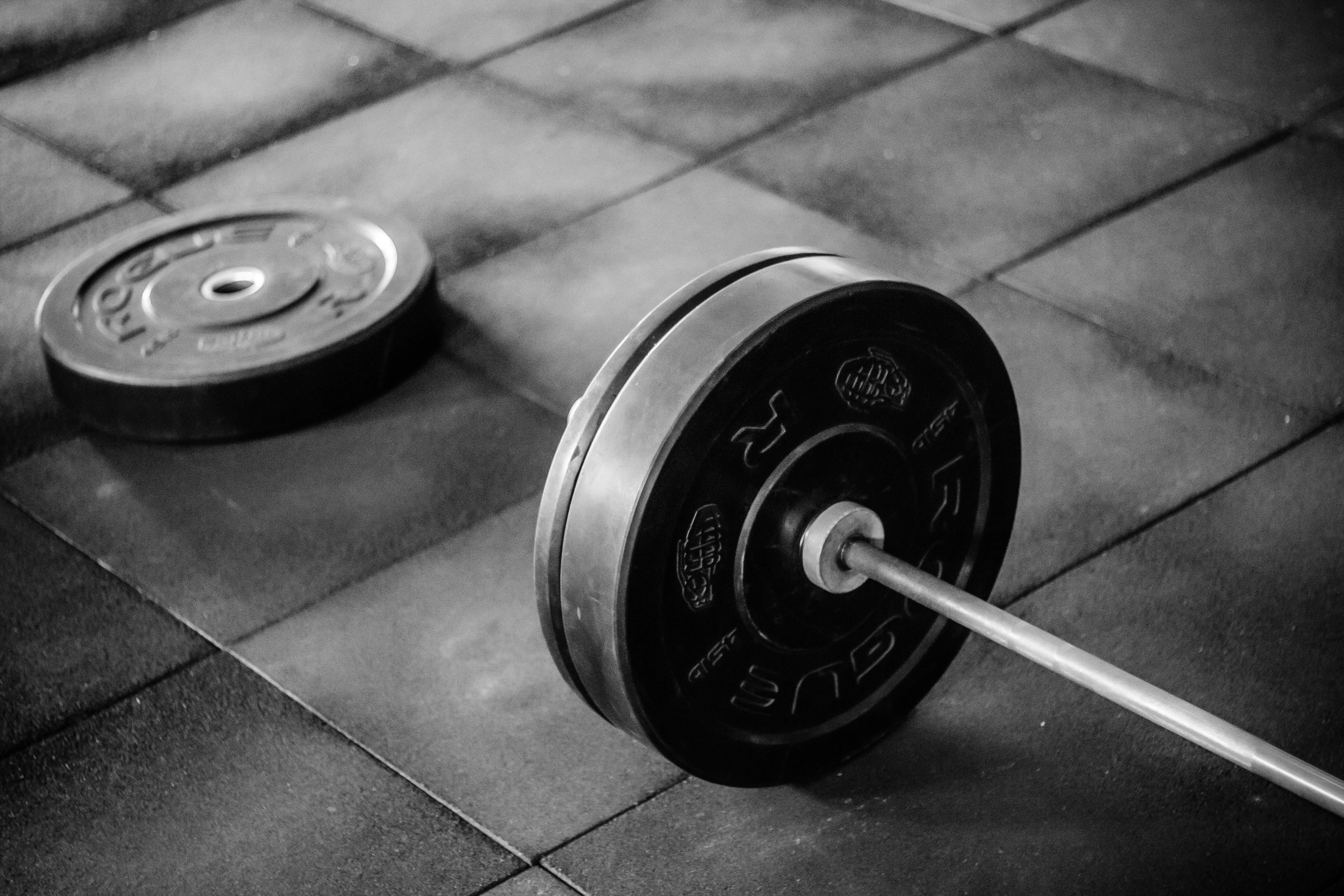Exploring The Different Types of Protein Powders
Learn about the different types of protein.

A primary care membership for patients who want more. Primary Care. Nutrition. Wellness. All under one roof.
As the battle of supplements continues, we can circle back to one of the staples - protein. Protein is one of three macronutrients and plays a major role in a healthy diet. When it comes to supplementation, popular use is among individuals trying to lose weight, trying to build muscle or vegetarians. Generally speaking protein needs are at minimum 46g per day for females and 56g per day for males. More specifically, we should aim for about 0.8g/kg body weight. For example, if you weigh 160 lbs you would divide that by 2.2 to get your weight in kg (72) and multiply by 0.8 = 57.6g. Protein needs do increase when trying to lose weight or put on muscle to 1-2g/kg body weight. No matter where you fall on the spectrum of protein needs, the goal is getting adequate protein. And quite honestly, we love the food first approach. Chicken, fish, eggs, dairy, nuts, seeds, whole grains, tofu and more are all great sources of protein from foods. But today, let discuss the different protein powders and wo reigns supreme
Types of protein
Note: Protein digestibility-corrected amino acid score (PDCAAS) is a method of evaluating the quality of a protein based on both the amino acid requirements of humans and their ability to digest it. We will put the score next to each protein as reference. 0-1 with 1 being the highest score indicating highest quality
Whey 1.0
The most commonly used protein powder. Typically used for muscle building and weight management. Whey comes from the watery portion of milk that separates during cheese production. Since it contains all 9 essential amino acids it is a complete protein. Whey has a fast absorption rate and is well studied to stimulate muscle protein synthesis and promote muscle growth and strength gains when consumed after resistance training. Whey protein has also been shown to help with bone density and help prevent osteopenia/porosis with weight bearing exercises. Whey can upset the GI of individuals with dairy/lactose intolerance but 100% isolate whey protein tends to be same even for those individuals Per Serving: 100-120 calories, 24-25 grams protein
Casein 1.0
Similar to whey, casein derives from milk. However it is a slow digesting protein powder rather than fast absorbing like whey. Due to this property, casein seems to prolong muscle-building stimulus and helps prevent muscle breakdown. Casein may even have a stronger satiating component compared to whey due to the slow digestion. Typically used overnight. Casein can also upset the GI of individuals with dairy/lactose intolerance and tends to have a grainier texture some find hard to tolerate. Per Serving: 110-130 calories, 20-25 grams protein
Soy 0.92 (limited in methionine)
Plant-based protein powder derived from soybeans.Unlike some other plant based sources of protein, soy is also a complete protein. Soy is highly digestible and absorbed well. Some studies show soy can be just as effective as whey when in regards to muscle building. Being plant based, soy has anti-inflammatory properties as well and is safe for individuals with dairy/lactose intolerance Per Serving: 120-140 calories, 20-25 grams protein
Pea 0.75 (limited in lysine)
Plant based protein derived from yellow peas that have been soaked, dehulled, and then pressed to remove the starch. Pea protein is a complete protein that is hypoallergenic and easily digestible. One downside is it tends to be gritty Per Serving:: 130-150 calories, 20-23 grams protein
Rice 0.77 (limited in lysine)
Plant based complete protein that is gentle on the digestive system making it a good choice for individuals with sensitive stomachs. Tends to be grittyPer Serving: 140-160 calories, 22-25 grams protein
Hemp 0.65 (limited in tryptophan)
Plant based complete protein packed with healthy omega 3 fats, fiber, minerals and antioxidant. Tends to be higher calorie compared to other sources. Typically has a slightly earthy flavorPer Serving:140-160 calories, 20-25 grams protein
Egg 1.0
A complete protein that is easy to digest. Tends to be more costly and not a great taste profile. Per Serving: 100-120 calories, 25-28 grams protein
Collagen 0 (Missing tryptophan)
Derived from collagen found in animal sources like bones, skin, and cartilage. Readily absorbable and can promote skin, hair, joint, and gut health.
Per Serving: 50-60 Calories, 10-12 grams protein
Results
Best overall:
Whey Protein. Most studies, 100% bioavailable, proven to help with muscle mass
Best plant based:
Soy. Closest to 100% bioavailable own its own and also highly studies.Consider: A plant based mixture to reap all benefits and ensure a 100% complete protein profile

If you're curious to learn more about The Lanby, book a free consult call and we'll chat about how The Lanby can be your personalized long term health and wellness partner.

Kendall is a graduate of the University of Mississippi, with a B.A. in Integrated Marketing Communications and a minor in Business Administration. She received her certificate of Nutrition Science from the Friedman School of Nutrition at Tufts University.

Chloe holds a bioengineering degree from the University of Pennsylvania. As a breast cancer survivor, her insights shape The Lanby's patient-centric approach. Leveraging her healthcare strategy background, Chloe pioneers concierge medicine, bridging gaps in primary care.

Tandice was recognized with the Health Law Award and named a Ruth Bader Ginsburg Scholar at Columbia Law School. Tandice's editorial role is enriched by her insights into patient autonomy and gene modification legalities. Passionate about bioethics, she is committed to crafting patient-centric healthcare solutions.





